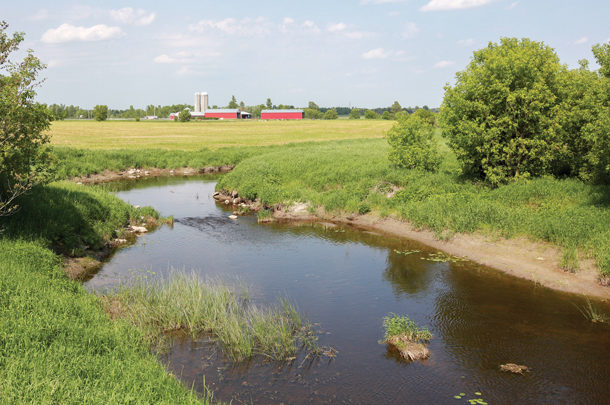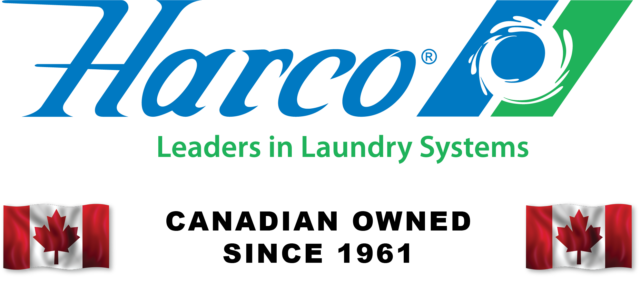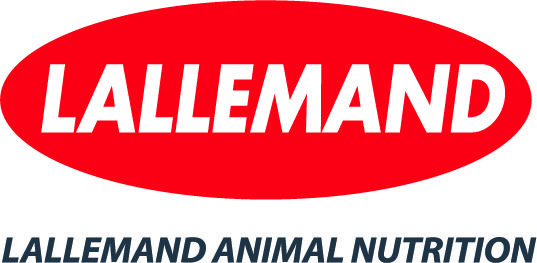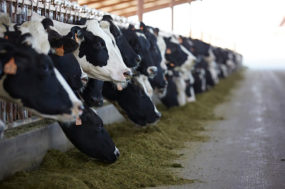Farmers received training pertaining to program requirements by provincial proAction staff and were given time for implementation prior to the mock validation. Each participant submitted feedback on the draft program by completing surveys designed to evaluate if the requirements were clear, attainable and reasonable.
This participant feedback is crucial for Dairy Farmers of Canada (DFC) to iron out any wrinkles in order to ensure delivery of a successful national program.
Biosecurity
The pilot project’s biosecurity component aimed to improve the overall health of a farmer’s herd and to prevent or minimize the introduction of infectious disease agents that could have an adverse effect on animal and human health.
It is not about limiting access for educational purposes but to ensure that visitors and suppliers respect the farm’s herd health protocol. Generally, the feedback related to this element of the pilot project was very positive, and the minor adjustments called for will go through DFC and the provinces’ usual approval process.
Environment
Canadian dairy farmers are often said to be the “original stewards of the land.” However, because of the specificity of the geography and political environments, uniformly assessing environmental risk factors on each farm is a complex undertaking.
The main take-away from farmers implicated in the pilot project were: The draft requirements are not easy to validate consistently across seasons and farms. DFC is committed to designing a program that works no matter where a farm is located in Canada’s vast and diverse countryside.
Going back to the drawing board, the Environment Working Group evaluated the comments in June while the DFC board also gave them serious thought.
In the spirit of continuous improvement, an environmental farm plan (PAA or PAA-equivalent in Quebec), which 70 percent of dairy farmers have already put in place, is still recommended to be the program’s critical requirement.
About the proAction Initiative
DFC’s sustainability initiative, called proAction, is built on the strengths that have long existed in the Canadian dairy industry, in addition to new standards based on research and practices elaborated by innovators.
This initiative enables dairy farmers to see how their farm compares to those of their peers on a national basis, as comparisons help foster continuous improvement. Those in the food industry and interested Canadians can also check on overall progress and adherence to the standards, which are reported online.
Through proAction, Canadian dairy farmers will demonstrate that they adhere to set national standards for milk quality, food safety, animal care, livestock traceability, biosecurity and the environment. For more information about the proAction Initiative, visit proAction. ![]()
Dairy Farmers of Canada
Founded in 1934, Dairy Farmers of Canada (DFC) is the national organization which defends the interests of Canadian dairy farmers and strives to create favourable conditions for the Canadian dairy industry.
Working in accordance with supply management principles, DFC promotes safe, high quality, sustainable and nutritious Canadian dairy products made from 100% Canadian milk through various marketing, nutrition, policy and lobbying initiatives.
Driven by a strong sense of community and pride, DFC and Canadian dairy farmers actively support a number of local and national activities. Visit Dairy Farmers of Canada for more information.
PHOTO: Photo provided by Dairy Farmers of Canada.









